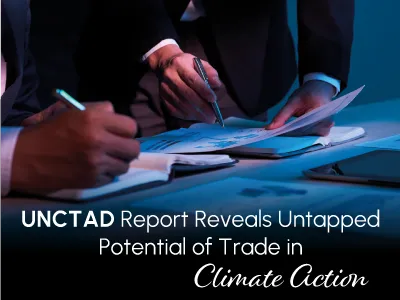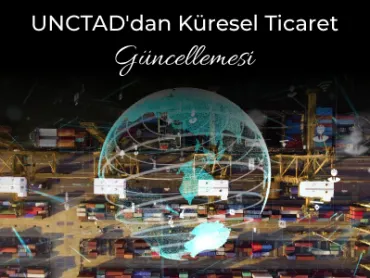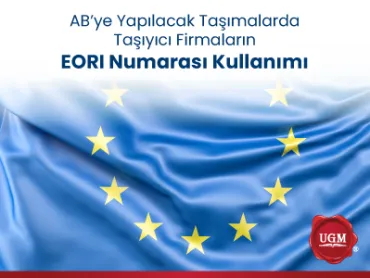
Trade policies help countries progress towards climate goals but are underutilized in practice. Stronger global cooperation is therefore needed to turn the tide.
A UNCTAD study released at COP28 examines how 60 developing countries have integrated trade into their national commitments, known as Nationally Determined Contributions (NDCs), under the Paris Agreement.
In this context, Miho Shirotori, head of UNCTAD's international trade division, said: "The mapping study shows the untapped potential of trade policies for climate action. "Trade can play a much more significant role in reducing emissions and conserving resources by facilitating access to low-carbon technologies and environmentally preferable goods and services.
680 Trade-Related Measures

The study also identified 680 trade-related measures among the NDCs analyzed.
The study shows that most of these focus on increasing renewable energy, improving energy efficiency, and promoting green value chains.
Direct trade policies such as tariffs and technical regulations are less prominent, but UNCTAD emphasizes their importance. For example, UNCTAD reveals significant market barriers to renewable energy systems and components. On average, tariffs on these products are about double those on fossil fuels in developed and developing countries.
A Detailed Breakdown
Key Findings of the Report
Renewable energy and energy efficiency: The most common measures adopted by more than 50 countries in the study. They often lead to increased imports of renewable energy equipment such as solar panels and wind turbines.
Green value chain development: These measures, which aim to reduce greenhouse gas emissions and increase sustainability in value chains, account for 31% of all measures in Africa, 35% in Asia, and 38% in Latin America and the Caribbean.
Technical regulations include minimum energy performance standards and labeling requirements, for example, to ensure that imported products meet specific carbon emission and efficiency standards. UNCTAD has identified more than 2,360 climate change-related non-tariff measures (NTMs), regulating 26.4% of world trade and amounting to $6.5 trillion.
Green industrial development: These measures aim to develop low-carbon green value chains and economic diversification. Around 20% overlap with green value chain development efforts.
Market-based measures include carbon credit schemes and subsidies, and more than half of those identified in the study are related to REDD+ (Reducing emissions from deforestation and forest degradation). REDD+-related measures were identified in 53% of Nationally Determined Contributions (NDCs) from Latin American and Caribbean countries and 35% of NDCs from African countries.
Other trade-related measures include references to subsidies, tax credits, public procurement, and tariffs (35 measures). These mainly promote environmentally friendly practices such as electric mobility and energy efficiency.
Call for better coordination
While there are many trade-related measures in Nationally Determined Contributions (NDCs), trade is rarely used as a policy instrument for carbon reduction targets. This is indicative of the limited involvement of trade ministries in NDC preparation.
The study, therefore, calls for better coordination and greater involvement of trade stakeholders and ministries in NDC preparation and verification processes.
Speaking at the COP28 Trade House event where the UNCTAD study was presented, Aik Hoe Lim, Director of the World Trade Organization's Trade and Environment Division, said, "Trade is an umbrella that can be a force multiplier that will lead to de-carbonization." "Trade policy instruments can help countries increase uptake of low-carbon products by reforming import tariffs, rethinking government procurement, and promoting trade facilitation," Lim added.
The report also emphasizes the importance of strengthening international cooperation to ensure that technical and other trade regulations do not unduly restrict developing countries' market access, particularly to low-carbon technologies.
"Trade is part of the solution for both climate change and the Sustainable Development Goals," said Chantal Line Carpentier, head of UNCTAD's trade, environment, climate change and sustainable development branch, adding. "We must, therefore, make trade work for us," she concluded.
 Back
Back







